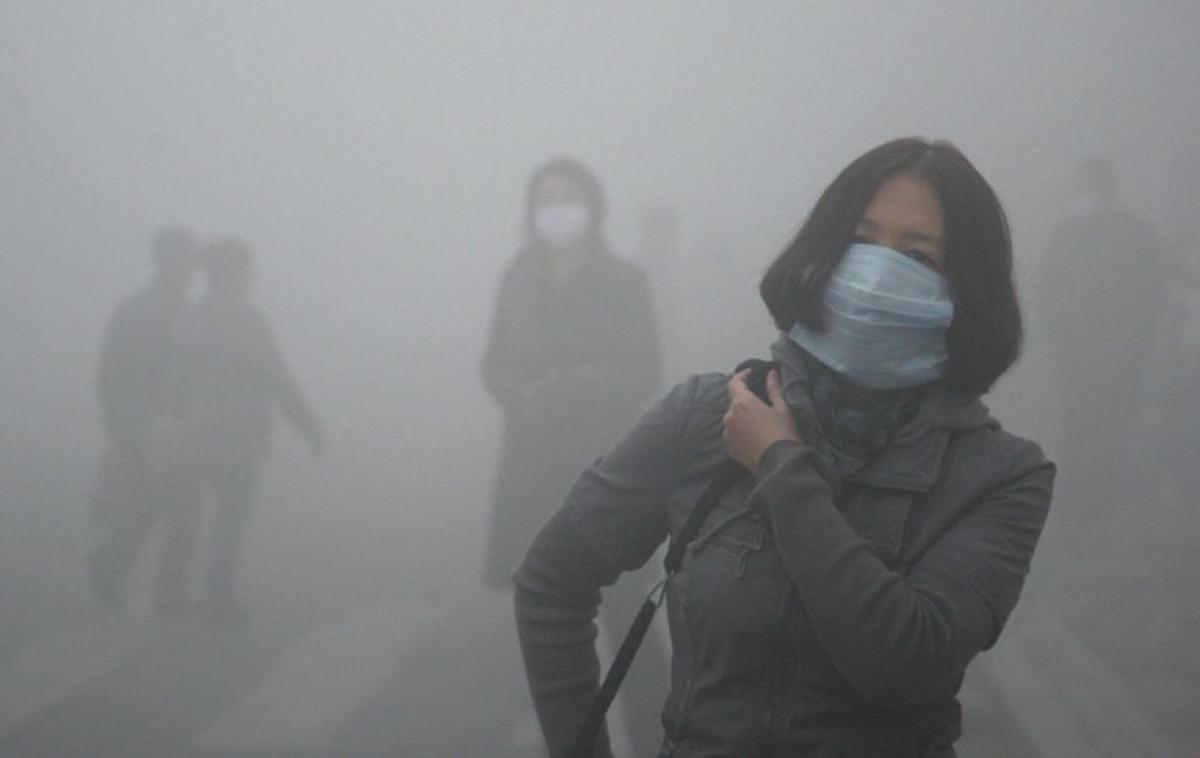Air Pollution Causes 7m Premature Deaths a Year, WHO Data Says

More than eight-in-ten people living in urban areas are affected by the atmospheric pollution in the world. And the situation will continue to worsen more particularly in emerging countries.
More than eight-in-ten people living in urban areas are affected by the atmospheric pollution in the world. And the situation will continue to worsen more particularly in emerging countries.
Outdoor air pollution has grown 8% globally in the past five years, with billions of people around the world now exposed to dangerous air, according to new data from more than 3,000 cities compiled by the World Health Organisation (WHO).
While all regions are affected, fast-growing cities in the Middle East, south-east Asia and the western Pacific are the most impacted with many showing pollution levels at five to 10 times above WHO recommended levels.
According to the new WHO database, levels of ultra-fine particles of less than 2.5 microns (PM2.5s) are highest in India, which has 16 of the world’s 30 most polluted cities.
China, which has been plagued by air pollution, has improved its air quality since 2011 and now has only five cities in the top 30. Nine other countries, including Pakistan and Iran, have one city each in the worst 30.
The most polluted city in the world, according to the WHO data, is Onitsha, a fast-growing port and transit city in south-eastern Nigeria that recorded levels of nearly 600 micrograms per cubic metre of PM10s - around 30 times the WHO recommended level of 20 micrograms per cubic metre.
“The cost for countries is enormous. Air pollution affects economies and people’s quality of life. It leads to major chronic diseases and to people ultimately dying,” she said.
Outdoor air pollution causes more than 3m deaths a year - more than malaria and HIV/Aids - and is now the biggest single killer in the world. The toll is expected to double as urban populations increase and car numbers approach 2bn by 2050.
WHO organization insists on the role played by local authorities."When the quality of the air is improving, says Dr Carlos Dora, from WHO, health costs of diseases caused by air pollution are lower, workers are more productive and life expectancy is increasing. Reducing air pollution also brings an added climate bonus, which can become a part of countries’ commitments to the climate treaty.”














